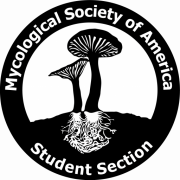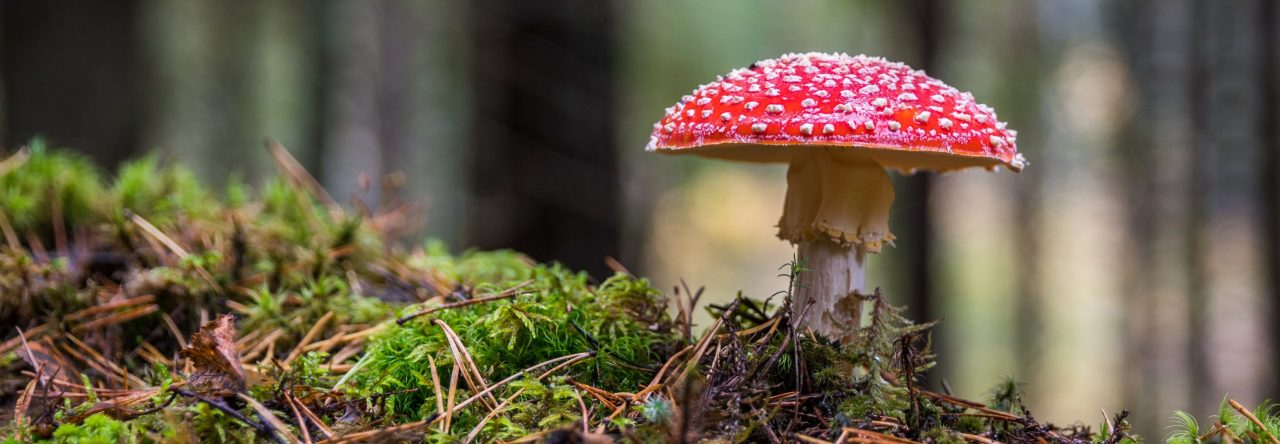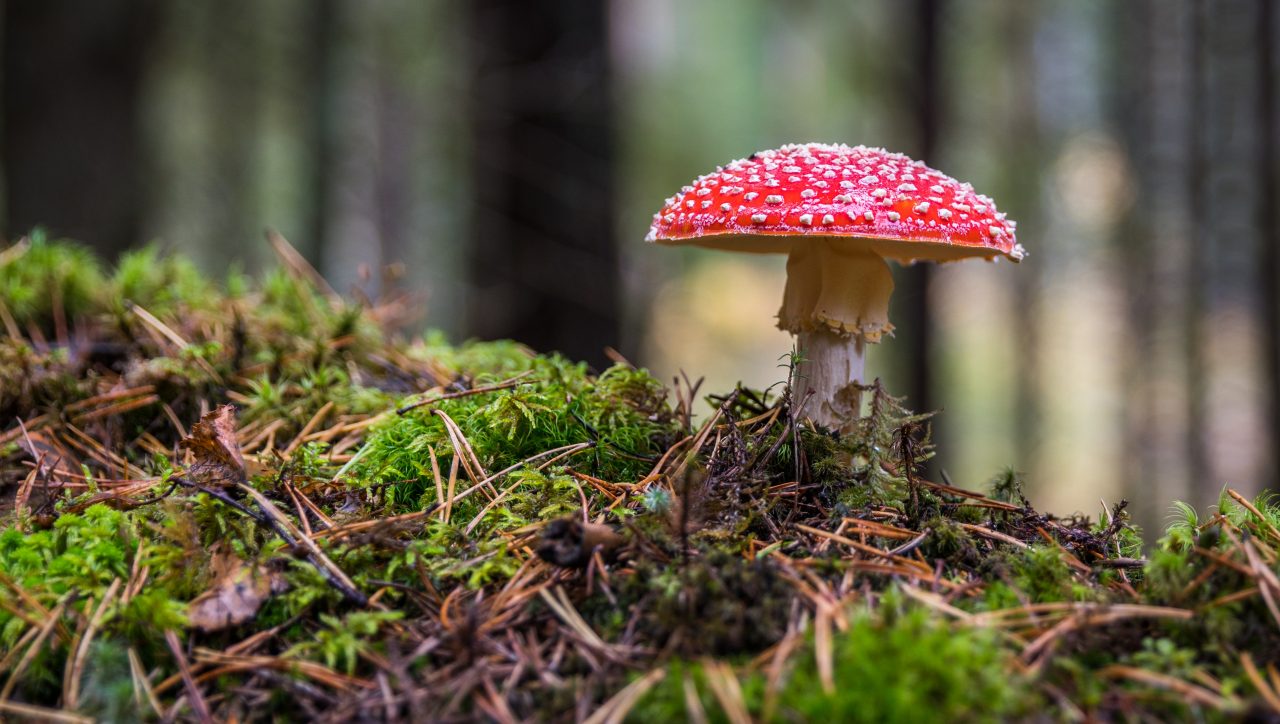University and Department: Department of Bioproducts and Biosystems Engineering, University of Minnesota
Location: Twin Cities of Minneapolis and Saint Paul, MN
Job Category: PhD Student
Last date to apply: September 30, 2022
Website: https://zhanglab.cfans.umn.edu/
Description:
Zhang’s Lab is recruiting PhD students at the department of Bioproducts and Biosystems Engineering at University of Minnesota (https://zhanglab.cfans.umn.edu/). Students who are interested in working on fungal systems biology and gene-editing are welcome to apply in this coming fall in the year of 2022 and 2023 spring. The students will join Dr. Zhang’s team to work with wood decay fungi to understand and harness their basic molecular mechanisms used for wood decomposition (see the lab intro at the bottom).
Applicants should finish the undergraduate program before starting graduate school, with a GPA record of more than 3.5 and with backgrounds/interests in molecular biology, fungal biology, or related fields. Publication records will be preferred, but not necessary. Applicants can submit application materials to Dr. Zhang (zhan3437@umn.edu) and our Student and Program Support Officer Erik Joerres (joerr002@umn.edu) in the department, or contact Erik to acquire the specific procedure for application.


